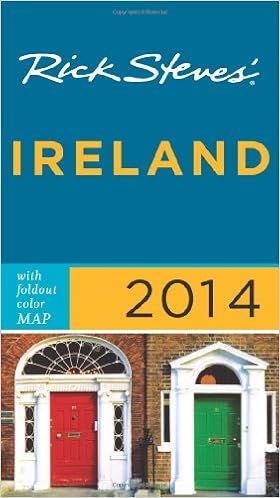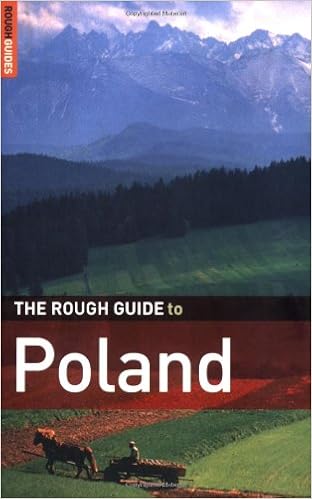
By Kirk A. Denton
During the Mao period, China’s museums served an specific and uniform propaganda functionality, underlining legit celebration historical past, eulogizing innovative heroes, and contributing to country construction and socialist building. With the implementation of the post-Mao modernization application within the past due Nineteen Seventies and Nineteen Eighties and the arrival of globalization and marketplace reforms within the Nineteen Nineties, China underwent a thorough social and financial transformation that has ended in a significantly extra heterogeneous tradition and polity. but China is ruled by means of a unmarried Leninist celebration that maintains to depend seriously on its innovative historical past to generate political legitimacy. With its messages of collectivism, self-sacrifice, and sophistication fight, that background is more and more at odds with chinese language society and with the state’s personal neoliberal ideology of rapid-paced improvement, glorification of the marketplace, and entrepreneurship. during this ambiguous political surroundings, museums and their curators needs to negotiate among progressive ideology and new types of old narratives that mirror and spotlight a neoliberal current.
In Exhibiting the Past, Kirk Denton analyzes varieties of museums and exhibitionary areas, from innovative heritage museums, army museums, and memorials to martyrs to museums devoted to literature, ethnic minorities, and native background. He discusses crimson tourism―a country subsidized application built in 2003 as a brand new kind of patriotic schooling designed to make progressive background come alive―and city making plans exhibition halls, which undertaking utopian visions of China’s destiny which are rooted in new conceptions of the previous. Denton’s process is narratological within the feel that he analyzes the tales museums inform in regards to the prior and the political and ideological implications of these tales. concentrating on “official” exhibitionary tradition instead of replacement or counter reminiscence, Denton reinserts the kingdom again into the dialogue of postsocialist tradition due to its centrality to that tradition and to teach that kingdom discourse in China is neither monolithic nor unchanging. The e-book considers the diversity of how kingdom museums are responding to the dramatic social, technological, and cultural alterations China has skilled during the last 3 decades.








